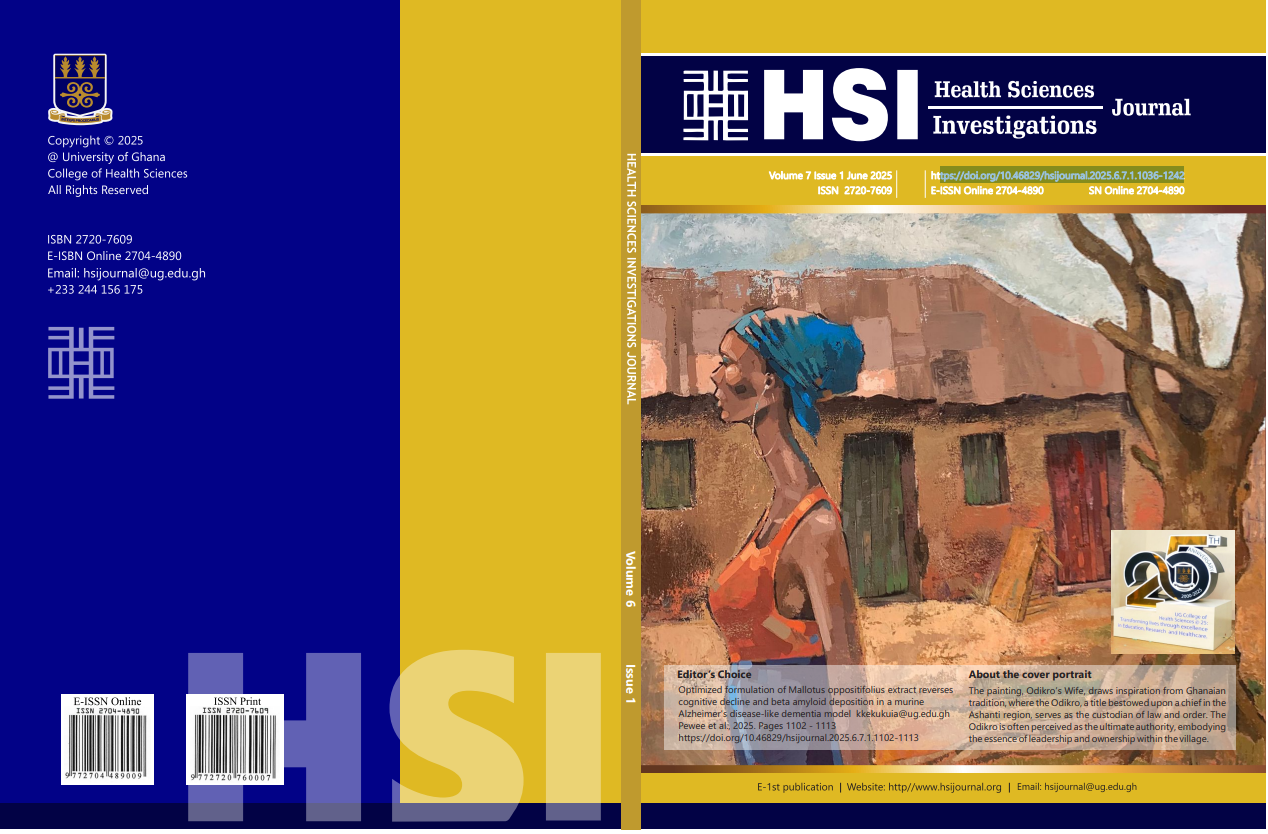Neuropsychological assessment of non-fluent variant of primary progressive aphasia in a bilingual French-Arabic speaking patient: A case study
Neuropsychology of non-fluent agrammatic PPA
Abstract
Background: This case study presents a comprehensive assessment of a Moroccan patient diagnosed with a non-fluent/agrammatic variant of primary progressive aphasia (nfvPPA).
Objective: The study aimed to investigate neuropsychological and neurolinguistic deficits associated with nfvPPA and the potential implications for intervention.
Methods: A thorough neuropsychological exploration was conducted to assess various cognitive domains, including memory, attention, language, perceptual, attentional and executive functions. Regarding neurolinguistic assessment, the Mini-Linguistic State Examination (MLSE) was used to characterise the patterns of PPA.
Results: Neurolinguistic analysis revealed a clear pattern associated with nfvPPA, which includes impairments in the production of speech sounds, articulation, and phonological processing, alongside a reduced use of grammatical structures. Additionally, the patient exhibits challenges in understanding complex sentences, although his overall comprehension abilities remain relatively intact. The patient also presented a significant decline in executive functions, memory, attention, and visual-constructive abilities. Linguistic deficits
included impaired lexical-semantic abilities, phonological alexia, and lexical agraphia. Despite these impairments, the patient maintained some preserved functions, such as autobiographical memory and visuospatial abilities.
Conclusion: This case study highlights the progressive nature of nfvPPA and its impact on multiple cognitive domains. The patient’s presentation aligns with an advanced stage of PPA, characterised by the presence of extralinguistic impairments. Further neuroimaging studies would be beneficial to confirm the underlying pathology and inform targeted interventions.


